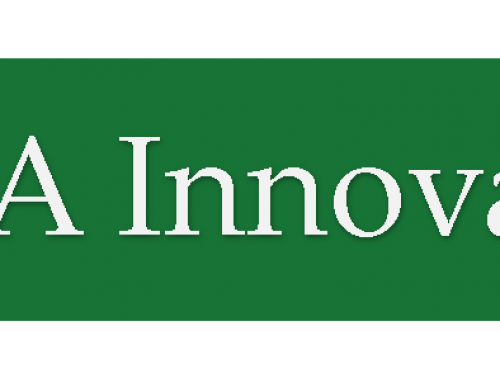The ABE Initiative Networking Fair for Northern, Western and Central Africa held in Morocco on 18 & 19 of February 2019 was a unique opportunity for ABE Initiative Program participants from three main regions of Africa to gather in the same place and meet with Japanese companies to discuss opportunities for cooperation and economic development for Africa and Japan. It was also the occasion to meet and hear from the different stakeholders about their vision on how these important challenges could be handled by leveraging the power of the network of ABE Initiative participants, through Kakehashi Africa.
During the first day, 18th of February, different groups of Ex-Participants and Japanese companies representatives went for a field trip to Fujikura plant in Kenitra and a recycling facility at Oum Azza near Rabat. The visit at Fujikura was facilitated by an ABE Initiative Ex-Participant, Noureddine Saidi, who graduated from IUJ in 2017. The participants in this visit could have an idea on how the value chain and procurement process at Fujikura is operating.
The second visited facility was a sorting and recycling business operated by the company Pizzorno at Oum Azza region. The visitors could witness the process that domestic waste went through in order to sort it and how bio-gas is produced at the end of the process.
On February 19, the purpose of the Business Fair in the second day was to strengthen the networking among ABE ex-participants and Japanese company through different activities:
- Presentation by Japanese Companies, JETRO, and Kakehashi Africa.
- Presentation by ABE ex-participants from 11 countries with a content covering countryprofiles, business Environment, and Potential Products & Service offering needed.
- Free Networking
A networking lunch followed where companies and Ex-participants could exchange about their different points of interest.
In order to promote further progress of practical collaboration between ABE ex-participants and Japanese Company, a program was organized in the afternoon session with the purpose to bring ABE ex-participants together in order to think about how they can collectively organize their partnership with Japanese companies, within the framework offered by Kakehashi Africa.
This session was coordinated by Younes Idrassi, Kakehashi Africa coordinator for Northern Africa, and Abdon Koko, Kakehashi Africa coordinator for Western Africa, under the supervision of the staff from JICE.
The participants to the session were organized into four (4) groups that were to answer the following questions:
– What is the kind of information that Japanese companies asked for during the networking session;
– Considering the questions raised by Japanese companies, how Kakehashi Africa can bridge the information gap and brand itself as a trusted and reliable network of Human Resources.
From the group discussion, the following information was given by the participants as follows:
- Questions provided by Japanese Companies:
- Practical business environment information such asInfrastructure: electricity, transportation system, IT connectivity, etc.;
- Institutions: law and regulation, political risk, etc.;
- Market situation: business ethics, reliability, penetration strategy, business sector of the country, number of Japanese companies in the country, etc.
- Solutions as Kakehashi Africa:
- Mapping members’ by skills and experience: this will facilitate navigating through the web of skills and experience our members have, and select the one that suits their requirements;
- Creating an online platform dedicated to bridging businesses: using this platform, Japanesespartners can easily get connected with the right expert or business that satisfy their requirements;
- Providing preliminary information to the partners: with this online matching, the Japanese partner can be directed, by the counterpart he/she connected with online, to the appropriate trusted person and/orinstitution, informed on the request process
- Matching Japanese partners with reliable African partners: some Japanese businesses need to have local African businesses as partners to facilitate their operation. This can be made possible through the KA system ;
- Town-hall meeting with KA: meeting with country branches in order to share information on opportunities and give a helping hand in case its needed ;
- Financial sustainability of Kakehashi Africa
Kakehashi Africa representatives tried during this session to build a sense of ownership among participants toward Kakehashi Africa initiatives and instruct them to be more proactive in looking for opportunities of synergies among African countries and with Japanese companies.




Leave A Comment
You must be logged in to post a comment.